MALUNGON, Sarangani (February 4, 2011) – Local officials, education and language experts led the launching of Lamlifew Elementary School as pilot mother tongue- based multi-lingual education (MTB-MLE) of the province Friday (February 4).
Lamlifew is a Blaan village at the town’s outskirts. Blaan is the name of the people and the language of the largest indigenous group in Sarangani that finally sought indigenized curriculum from the Department of Education.
“Basically, MTB-MLE is integrating the indigenous culture in the regular education curriculum using the first language (Blaan),” DepEd- Sarangani division language coordinator Elizabeth Torres said.
As an example, Torres said teachers can teach the English alphabet in Blaan accent and intonation and then do it in English as an international language.
“MTB-MLE also includes teaching traditional practices that have cultural significance to them.”
Part of the indigenized curriculum through MTB-MLE is the integration of Blaan’s Tabih (traditional clothing), dances and songs to the pupils.
“Sarangani has three variations of the Blaan language from the three municipalities of Glan, Malapatan and Malungon. We will also come up with a phrase book and try to investigate their differences,” Torres added.
Lamlifew has a women’s association aimed at the preservation and development of their cultural heritage and traditional handicrafts.
Lamlifew as a complete elementary started in 1997 with teachers come and go because of their inadequacy in number and their willingness to be assigned to far-flung areas.
The school was built in 1982, then a primary school, through the effort of tribal leader Kalingo Maluma who brought the proposal to Malacanang by himself. Loida Esperanza became the first school head of the school in 1997.
Malungon West District supervisor Nora Nerpiol said the education department has been supporting the school since then through physical and academic means. Lamlifew has the most number of professionals in Barangay Datal Tampal.
Board member Eleanor Saguiguit said the Growth with Equity in Mindanao- (GEM) is on its way for the construction of a footbridge along Bluan river in front of the school where 98 percent of the pupils are crossing everyday to get to school.
“We will also look for partners for the community to fund their traditional craftsmanship like basket-making and beads making,” Saguiguit said.
Saguiguit recalled the village, roughly 1,600 hectares of pasture land, was given to her as a dowry by her uncle-in- law when she got married in 1977. She afforded to refuse ownership of the land after seeing the presence of the community there, she said.
In 2007, the province’s Indigenous People’s Development Program (IPDP) helped Lamlifew build a living museum and identified Lamlifew Elementary School as a School of Living Tradition (SLT).
Rosie Alcantara Dominguez, mother of Governor Migs Dominguez, sponsored the technology transfer of silk weaving by Malaysian expert weavers to the Lamlifew Women’s Association.
In 2009, Beth Ditan, a master in the art of beads making from the community, taught Grades V and VI pupils the traditional craftsmanship. Japanese anthropologist Taku Kawamuta later funded the materials for beads making and traditional clothing after seeing the children in the internet.
With the MTB-MLE, the school will have a once-a- week IP day with community elders to teach the children songs, dances and handicrafts. (Russtum G. Pelima/SARANGANI INFORMATION OFFICE)
Friday, February 4, 2011
Subscribe to:
Post Comments (Atom)

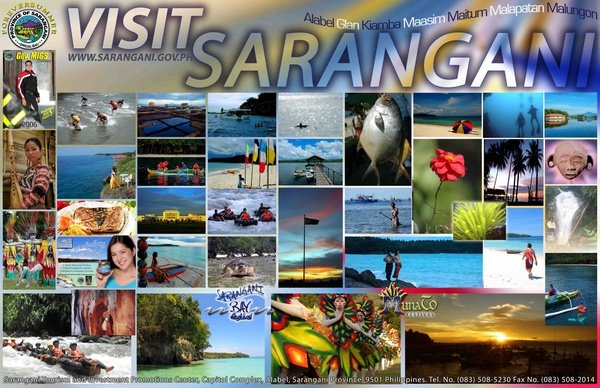


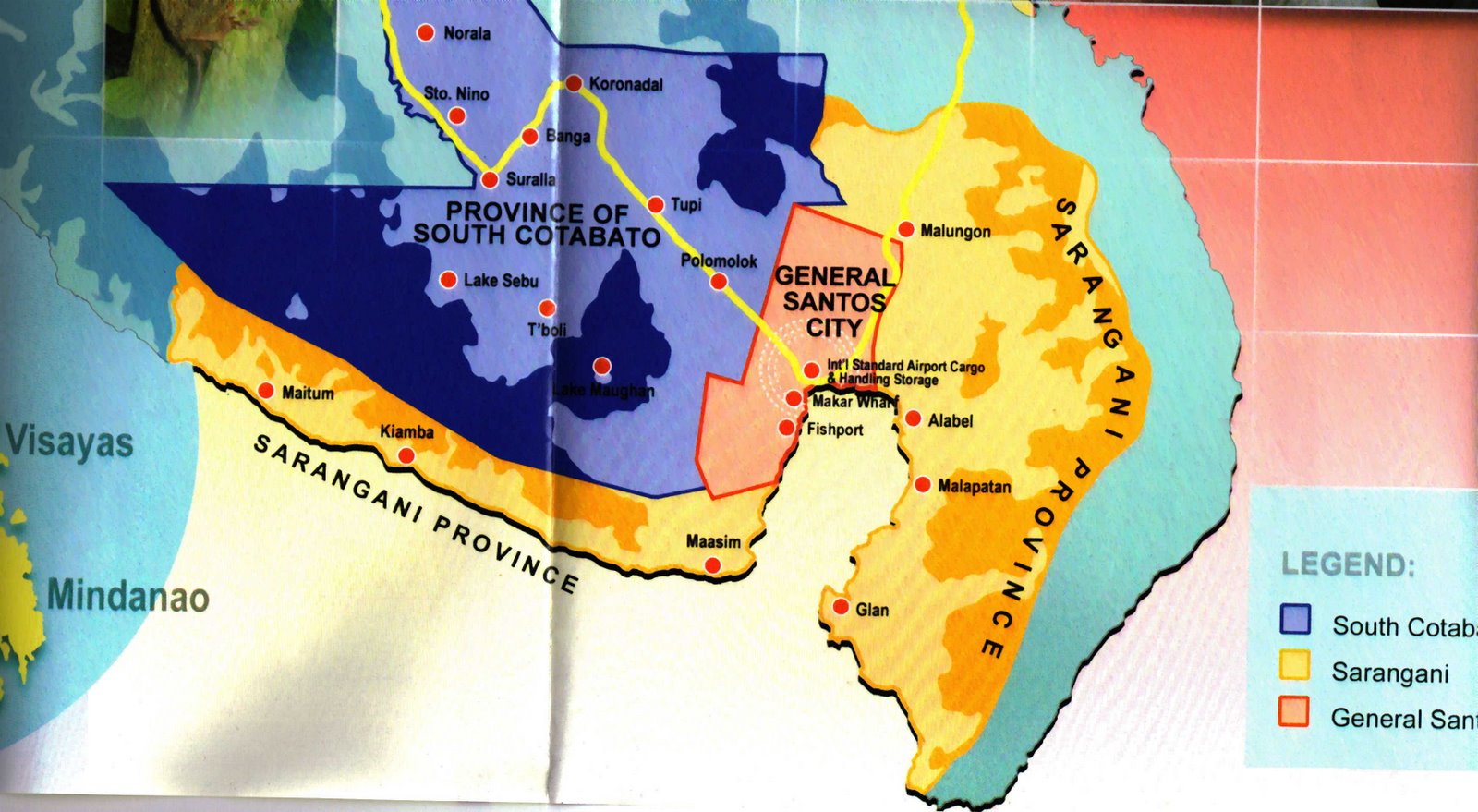

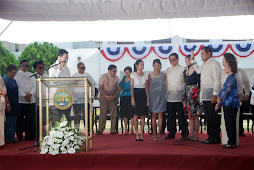
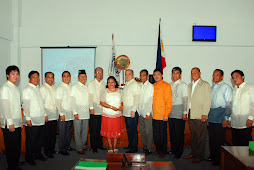

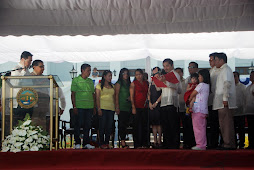
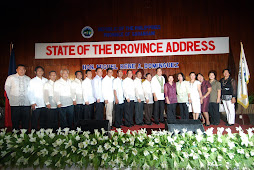
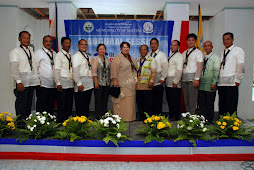




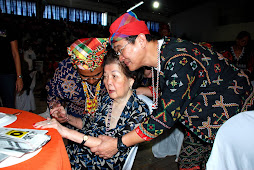


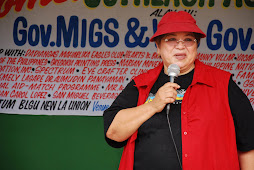
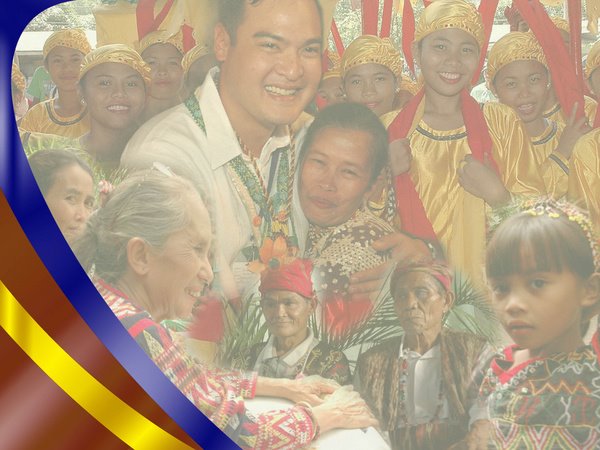
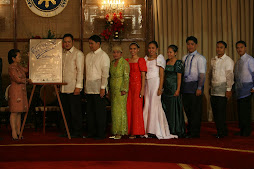
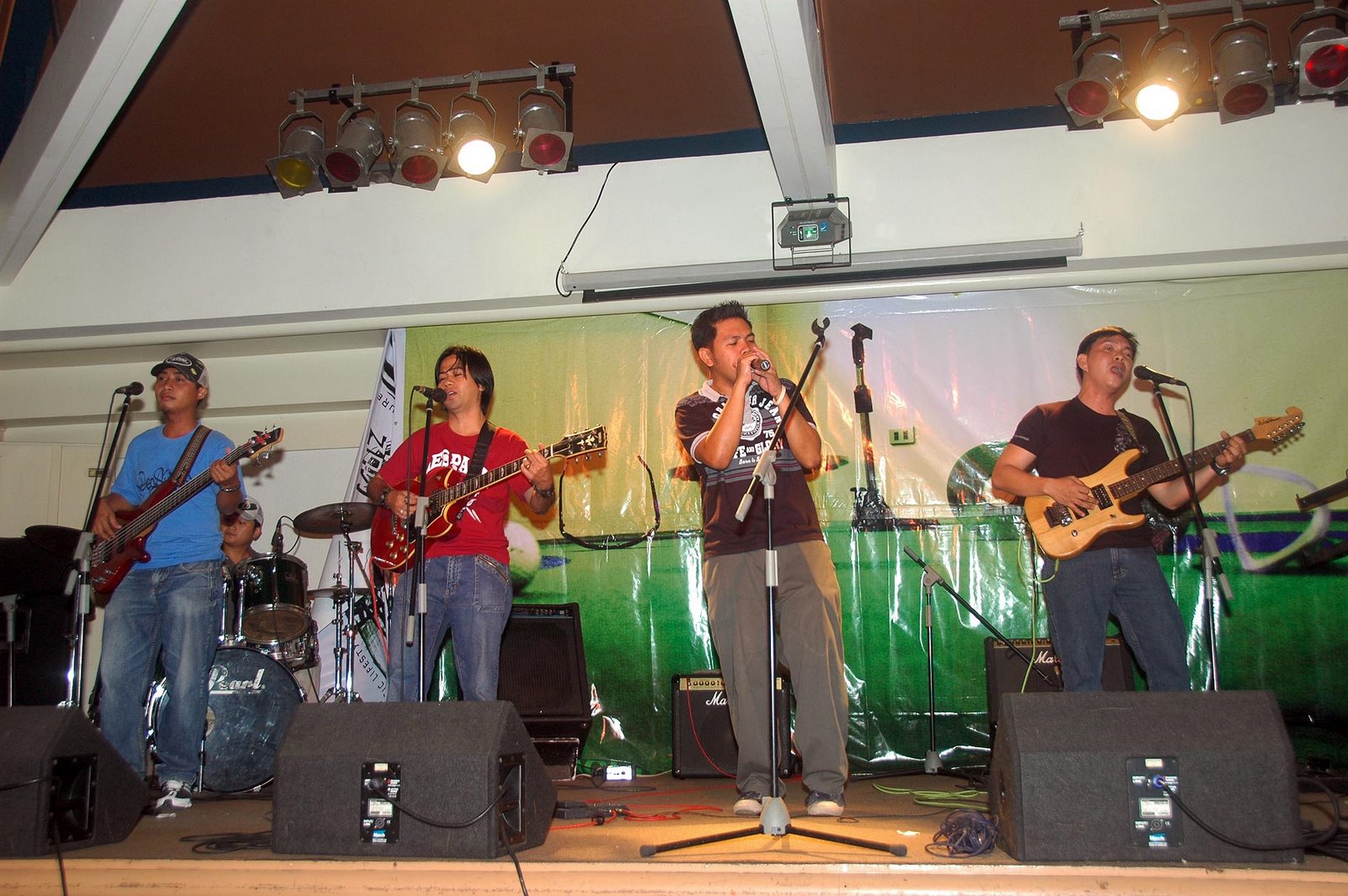


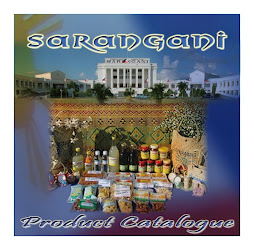

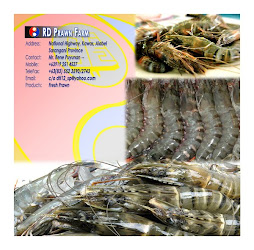




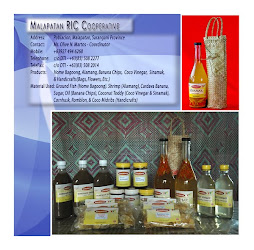

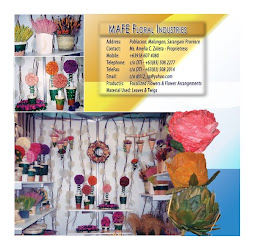
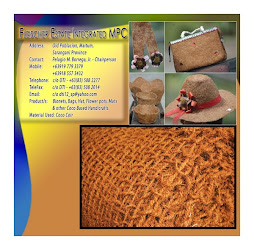
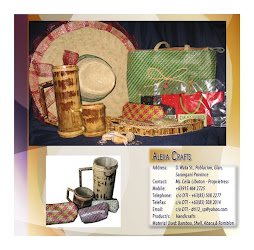
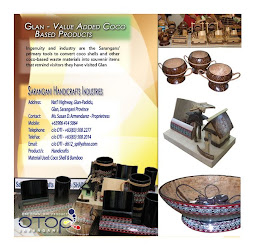

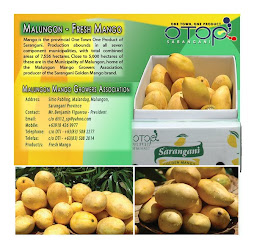
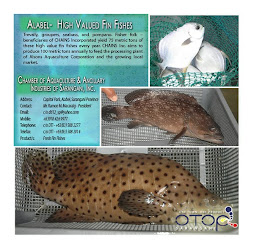
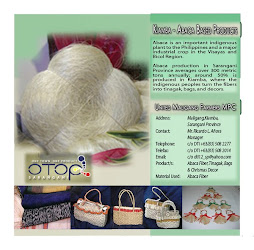

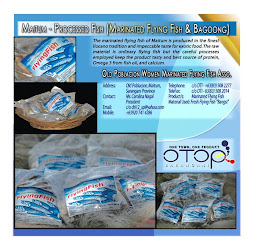
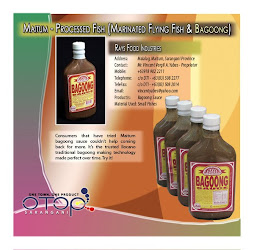
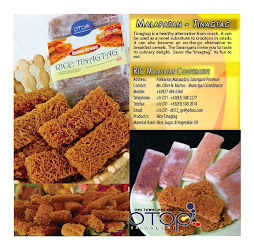
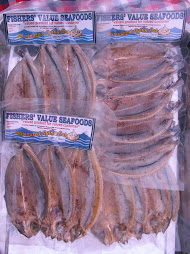
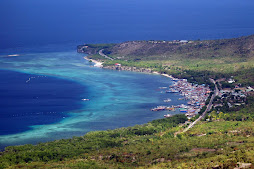
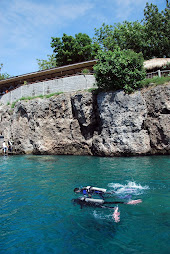
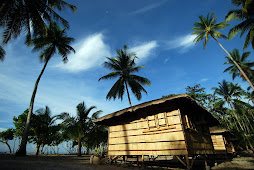


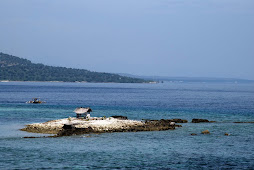
No comments:
Post a Comment